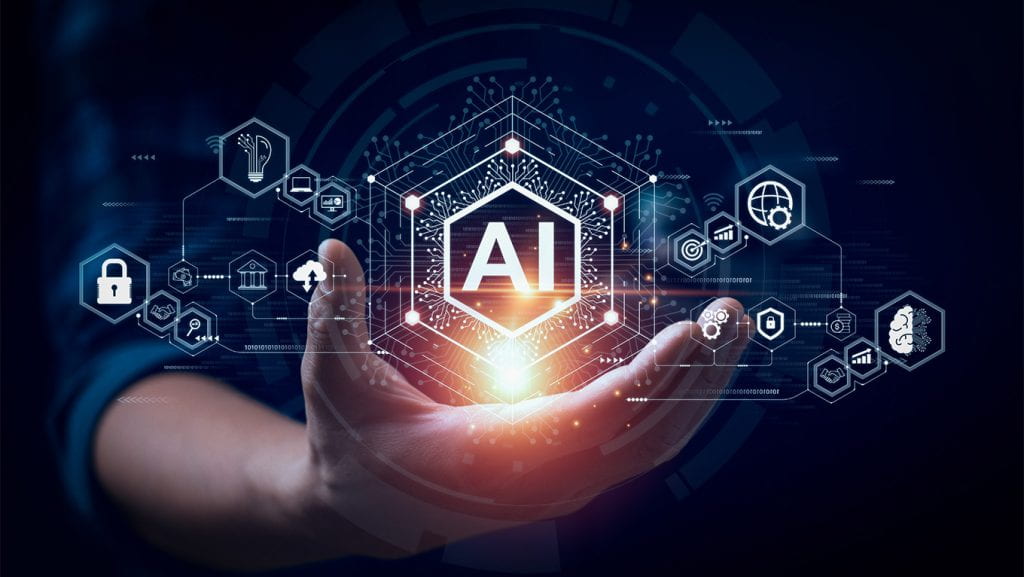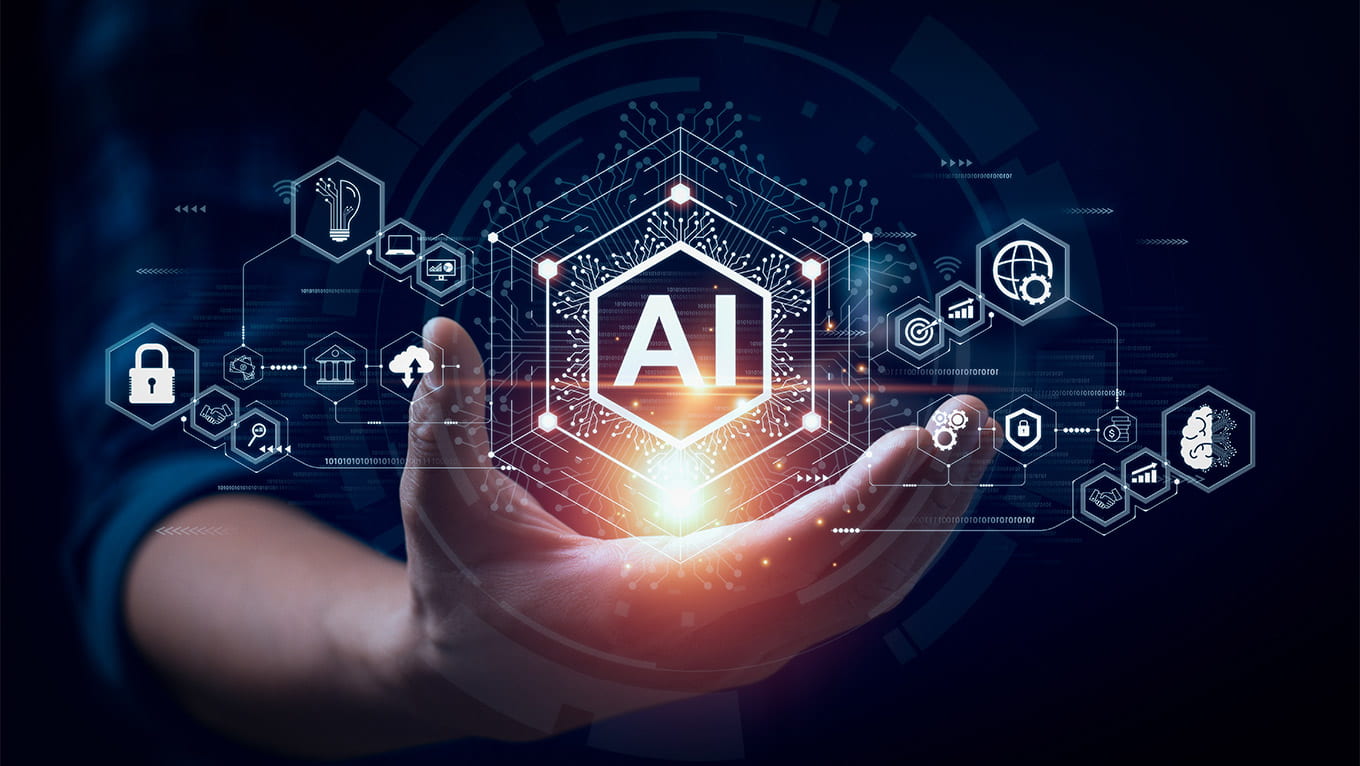
As access to the internet grew, reluctant and tradition-heavy newsrooms were forced to adopt an ethos of “digital-first” or go out of business. News no longer broke on the evening news or in the next morning’s paper. It broke immediately on websites and social media outlets. In engineering education, we face a similar moment: the need to instill in students—and their instructors—an ethos of “AI-first.”
Powerful, easy-to-use generative AI technologies like ChatGPT and Copilot are already changing how students approach their writing and programming assignments. They may even prove to be effective tutors. These technologies can already generate computer code in commonplace programming languages and draft highly credible research papers, and their capacity will only increase in power and sophistication. As with any tool, we need to train engineers to leverage these technologies with a deep appreciation for their capabilities and limitations.
Generative AI technologies will not replace engineers, but they will inevitably reshape the skills and habits of mind necessary for engineers and engineering students to succeed. The worst thing we could do as responsible and progressive educators is to try to resist their presence in the classroom. Our colleagues in the liberal arts, faced with the challenge of discerning AI-generated content, also have an exciting opportunity to instill an AI-first mindset, helping their students and graduates to flourish creatively.
This block group hides your featured image, remove this block group to show your featured image again.




